Recognizing Ag
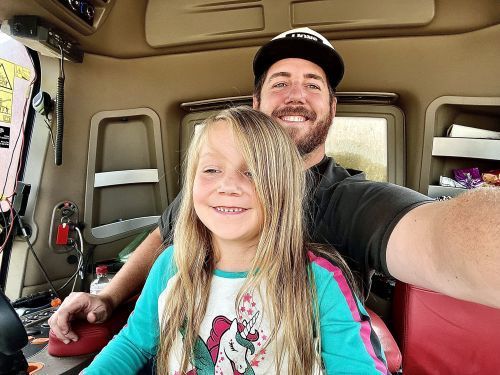
Meet Jacob Wade – Father. Farmer. Four-time National Billiard Champion.
Jacob is a 32-year-old 5th generation farmer, a father and a four-time national billiard champion. Jacob has been operating a combine of his own since he was 10 (although drove even earlier with someone else in the cab) and as a child would beg to go to the fields after school. Today with his family of 6 he gladly welcomes the company with him while he drives and has at one time had all 6 of them in a cab.
Some of his favorite memories on the farm are all around harvest time. “Harvest has always been a time where our whole family is involved in the operation and that is very special to me. My mother to this day still operates a grain cart and has a CDL! Also, my wife, my sister, and occasionally when not working my mother, all bring meals to feed everyone working in the evening. Can't forget Grammy and the occasional afternoon pie,” says Jacob.
Jacob is known in the community for being someone who steps up to help fellow farmers, takes the time to teach his children how to run a farm and why it is so important to keep farming alive. He is a great father and a helpful friend.
Meet Steve Pitstick – Ag Leader. 6th and 1st Generation Farmer. Grandfather.
The oldest of 7 siblings Steve few up in northeast Illinois. He grew up on a farm and had his first pigs at age 12. He started his own farming operation separate of his father’s land in 1975 and currently farms with his son. Steve has 3 children and 6 grandkids.
Recognizing Steve for his years of volunteer ag leadership is easy. Steve currently serves as the chairman for the Illinois Soybean Association Board but has also been involved with Illinois Farm Bureau, the local county farm bureau, Illinois Ag Leadership Program, local sports club presidents and committees. He remains dedicated to his volunteer roles because of the difference they make in shaping the future of the industry for people like his son and grandchildren. “I’m thrilled to be a part of the discussion regarding new uses of soybeans and increasing farmer profitability,” says Pitstick.
Something you may not know about Steve is that in the 1980’s he owned a video rental store in Elburn, Illinois. It was an interesting time and a great contrast compared to farming. Farmers don’t get to set their prices while he had to think about marketing, advertising, sales and how to get people to come in the store. Pitstick sold the store in 1991 and was farming the entire time he owned the store.
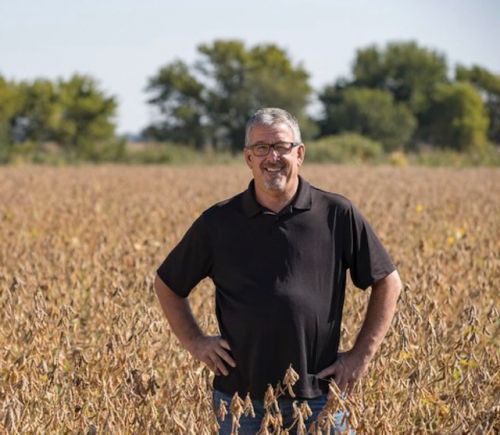
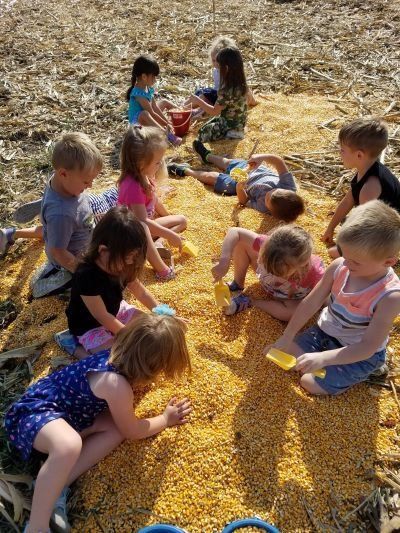
Meet Beth Laakman-Schaumburg – Teacher. Ag Mentor. Grandma.
Beth Laakman-Schaumburg has teaching in her blood. Originally from Lawrence County, Illinois, she spent her childhood reading and around crops that her dad sold to big brands like Jolly Green Giant and Brook’s Catsup.
After graduating from ISU in 1978 as an elementary education major, she taught at a couple of different schools in Illinois always focusing on farming. She incorporated farming through letter learning – C for corn and combine, P for pumpkin, etc. Field trips were a must during harvest, to grain elevators and impromptu trips when grain spills occurred. The number of creative projects that her and her family do in their free time to spread the word of ag is endless including bringing 20 ag books and gourd décor to her grandchildren now that she’s retired after 28 years of teaching.
We’re excited to recognize her for her continued love of the field and look forward to seeing what she will come up with next as she experiments at home. “We’ve been exploring grinding leftover mature sweet corn into cornmeal but enjoy our Put Corn in the Freezer Day and Pumpkin and Gourd Washing & Bleach Solution Day,” says Beth.
Meet Eric Mosbey – Corn Champion. Ethanol Expert. Father.
Eric Mosbey is currently the general manager of Lincolnland Agri-Energy, an ethanol plant in Crawford County in Palestine, IL for the past 15 years. He grew up in Lawrence County on a farm that his family still operates today. Eric is a father to three daughters with his wife Kara who teaches 2nd grade.
“Working with a great team of people to continuously improve plant results is the most satisfying part of the work here for me,” said Mosbey. The development of today’s ethanol industry has been a transformational event for agriculture over the past 20 years and he’s happy to be apart of that. “I’m proud of what the ethanol industry and ethanol plants have been able to do for the rural communities in which they operate, and proud of the beneficial impact that our products have on fuel prices, air quality, and livestock feed rations. Seeing corn demand and biofuels adoption grow to provide food, feed, and fuel to consumers has been a great experience.”
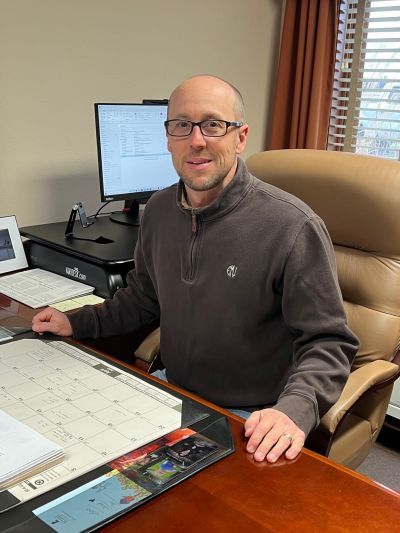
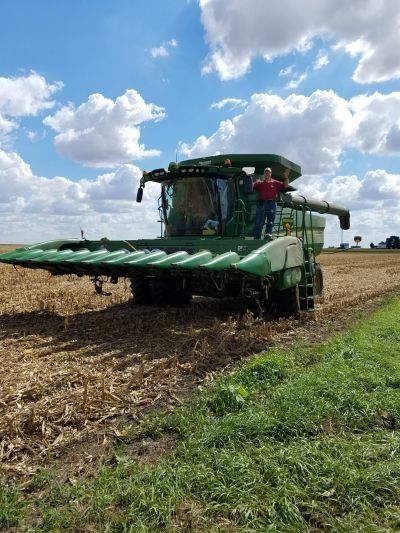
Meet Brian Schaumburg – Tractor Tenor. Retired Farmer. Flexible Father.
Brian Schaumburg grew up on the farm his parents started in the late 50’s and worked 42 years until he retired. In college Brian explored other classes but wasn’t until his sophomore year that he found the city life was not a good fit.
Throughout his farming career he enjoyed participating in research plots, commodity trading and trying new technologies. “My generation was told that it is our job to feed the world and that strikes me as the most important job of all. I love that challenge and look forward to a day when all people are well fed,” said Schaumburg.
Outside of farming Brian referreed high school basketball for 30 years and volunteered on several boards in his community including ambulance, park district, church, extension, AgGuild, Prairie Central Coop and others.
For most in the agriculture industry, you know that what you’re doing is providing food and items that consumers use daily and could not live without. For the average non-farmer who is disconnected from America’s farmers and ranchers, they may take everything in their lives for granted. How do you get to work? Corn. What’s in that makeup you’re using? Corn. The point is, agriculture deserves recognition more than for just a week but every year in March there is a dedicated week.
IL Corn took this week as an opportunity to remind people of the key role agriculture plays in maintaining our world by offering a contest to nominate individuals who deserve recognition. Here are the winners in no order:







